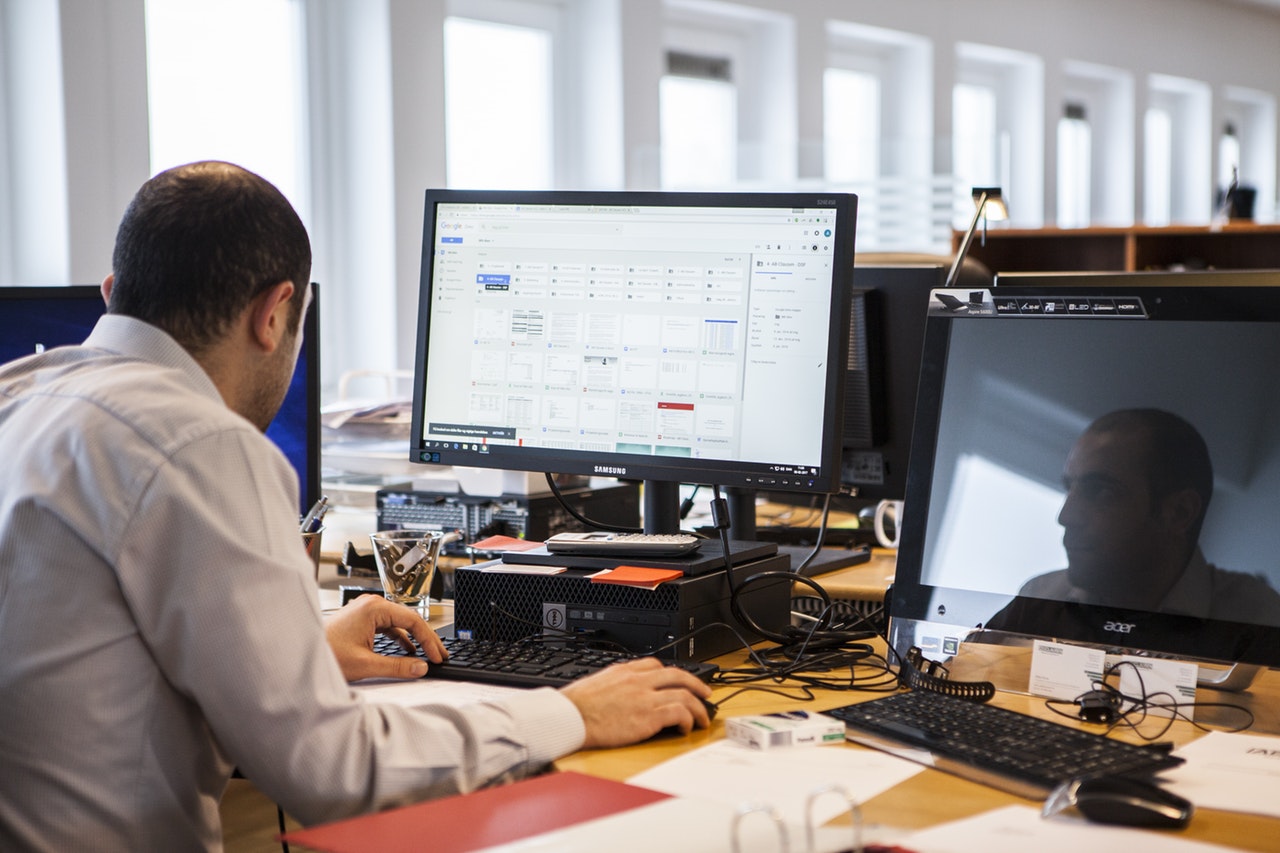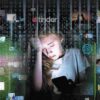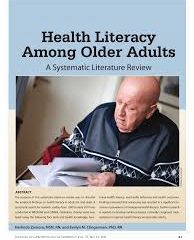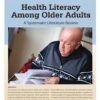Mental engagement may preserve health literacy in aging
(Reuters Health) – Surfing the net, going to museums or joining a club might have an unexpected side effect: improving the ability of older people to understand drug labels and doctors’ instructions, according to a new study in the UK.
“We found that the effects of internet use and cultural activities, along with other social activities, including civic activities and leisure activities, added up,” said lead author Lindsay Kobayashi of University College London. “The more social activities people engaged in, the better it was for their health literacy.”
Health literacy is the ability to understand and apply basic health information, and past research shows that older people with low health literacy are less able to care for their chronic diseases and more likely to use the emergency room, the study team writes in the Journal of Epidemiology and Community Health.
They analyzed health literacy among 4,368 people age 52 and older who were part of a larger long-term aging study in England.
In 2004-2005 and again in 2010-2011, the participants were shown a fictitious medicine label for an aspirin bottle and asked four questions to test their understanding of the instructions.
They also answered a questionnaire about their internet and email use and their social engagement, including a variety of activities that required some intellectual and physical stimulation, such as belonging to a political party or trade union, being a member of a club or exercise class and going to the cinema or art galleries.
At the start of the study, 73 percent of the participants had adequate health literacy. After six years, health literacy scores had declined in 19 percent by one or more points (on a four-point scale), but 18 percent improved their scores.
While a decline was more likely with age, the researchers note, the participants who improved their health literacy did so regardless of age.
During the entire study, 32 percent of participants used the internet or email consistently and 40 percent never used either.
People who used the internet or emailed regularly were 32 percent more likely to maintain their health literacy skills than those who didn’t, taking into account their overall health, cognitive decline and ability to function in daily living tasks.
Those who kept up with cultural activities were 39 percent more likely to keep their health literacy skills and the more they participated, the better their ability.
“Internet use could help promote health literacy skills by providing opportunities to gain knowledge from health-related online content, by improving cognitive abilities such as reasoning, by providing advice and support through social networking websites or by training the navigational and digital skills that also would help a person navigate the health care system,” Kobayashi said in an email.
The people who lost more of their health literacy tended to be older, non-white, poorer and less educated. People who had more trouble remembering things and poorer function at the start of the study, and had more cognitive issues on follow-up, also did worse on the second literacy test.
The vast majority, 88 percent, of people who consistently used the internet maintained their health literacy, as did those who participated in civic, leisure and cultural activities, according to the results.
The study does not prove that online and social engagement improved health literacy – it just shows they appear to go hand in hand. Kobayashi pointed out, though, that the study accounted for other factors like wealth, education and health, so the results do not merely reflect participants’ overall financial or physical ability.
Dr. Ruth Parker at Emory University School of Medicine in Atlanta, Georgia, who was not involved in the research, said the study is important because health literacy is crucial for older people.
“We’ve known for a long time in general as people age, they are more likely to have lower health literacy skills and also greater health literacy needs because they are more likely to have chronic health conditions and need to be able to navigate and understand health content,” she said.
Kobayashi noted that older people or their caregivers need access to the internet to refine their skills, whether from home computers, smart phones, libraries or community centers.
Internet training and instructions on which websites to search would also be important, as would access to cultural and other social activities. The caveat, she added, is “these things take time, money and sometimes require transportation.”
Parker said it would also be important for older people to make sure doctors are giving them the information they need.
She encourages everyone “to make sure they review with their health care provider what they should be doing for every one of their health conditions.”
SOURCE: bmj.co/1FKw9xA Journal of Epidemiology and Community Health, online November 26, 2014.









